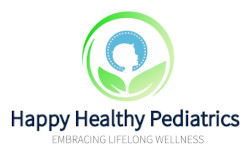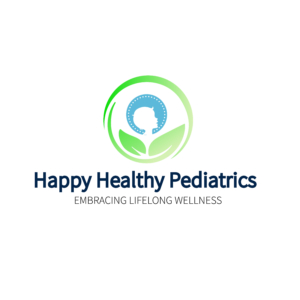The Lowdown on High Temps
Let’s discuss fevers!
A temperature over 100.4F is considered a fever. It is not always necessary for a child with a fever to see their doctor. It depends on the age of the child and the other symptoms they have.
The fever itself is not the disease, only a sign that the body’s immune system is trying to fight an infection. Use Tylenol (2 months+) and/or Motrin (6 months+) if your child seems uncomfortable; otherwise, you can monitor fevers and see if they resolve on their own.
Things that are normal when fevers happen.
- Your child will have less energy than normal. Fighting an infection takes a lot of effort! Let your child rest as much as needed.
- Your child’s appetite will be decreased. Eating and digesting food requires a substantial amount of energy. Focus on hydration by offering small, frequent sips of water or Pedialyte throughout the day.
Things to Avoid:
- Do not use aspirin to treat your child’s fever or discomfort. Aspirin has been linked with side effects such as an upset stomach, intestinal bleeding, and Reye syndrome (a serious illness that affects the liver and brain).
- Do not use sponging to reduce your child’s fever. Cool or cold water can cause shivering and increase your child’s temperature.
- Never apply rubbing alcohol on your child to treat fever. Rubbing alcohol can be absorbed into the skin or inhaled, causing serious problems such as a coma.
Call your child’s doctor right away if your child has a fever and:
- Has other symptoms, such as a stiff neck, severe headache, severe sore throat, severe ear pain, an unexplained rash, or repeated vomiting or diarrhea
- Has signs of dehydration, such as a dry mouth, sunken soft spot or significantly fewer wet diapers and is not able to take in fluids
- Is younger than 3 months (12 weeks) and has a temperature of 100.4°F (38.0°C) or higher”
-Dr. Litwin

